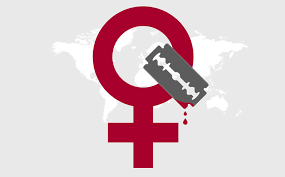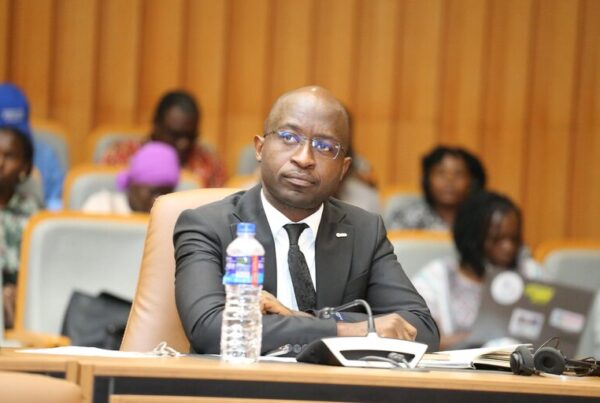Banjul, 27 June 2024: IHRDA and the Gambia National Human Rights Commission have completed a roundtable discussion with members of the Gambia press Union (GPU) on strategies to boost advocacy against the decriminalisation of Female Genital Mutilation and Cutting (FGM/C) in The Gambia.
The roundtable included presentations on the social and cultural context that perpetuates FGM/C by a representative of the National Human Rights Commission. A detailed medical description of the practice of FGM/C in The Gambia and the health immediate and long-term complications and consequent health problems experienced by girls and women who undergo the practice was given by a senior nurse-midwife. The IHRDA representative also presented on the legal context of FGM/C: the human rights violations it entails and the violation of The Gambia’s international obligations that would be occasioned by the decriminalisation.
Many questions and lively discussion followed the three presentations. The difficulty of holding public debate on taboo subjects such as FGM was highlighted. Participants discussed how to counter pro-FGM/C arguments and the media’s role in promoting solutions to eradicate FGM/C.
“The workshop dramatized how little information there is about the specific harms of FGM/C, even among a sympathetic and educated audience, and the challenges of reaching the general population of The Gambia that speaks local languages. Social, cultural, and religious forces reinforce one another to create a culture of unquestioning compliance with harmful traditional practices. To protect women and girls against FGM/C, an honest and facts-based national conversation is necessary. We hope that this workshop is the first step in participants playing an active role in launching this conversation” – IHRDA Acting Executive Director, Julia Harrington Reddy, observed.
The workshop is held in the context where The Gambian National Assembly is set to vote on a proposed bill that seeks to decriminalise the practice of FGM/C in the country.






